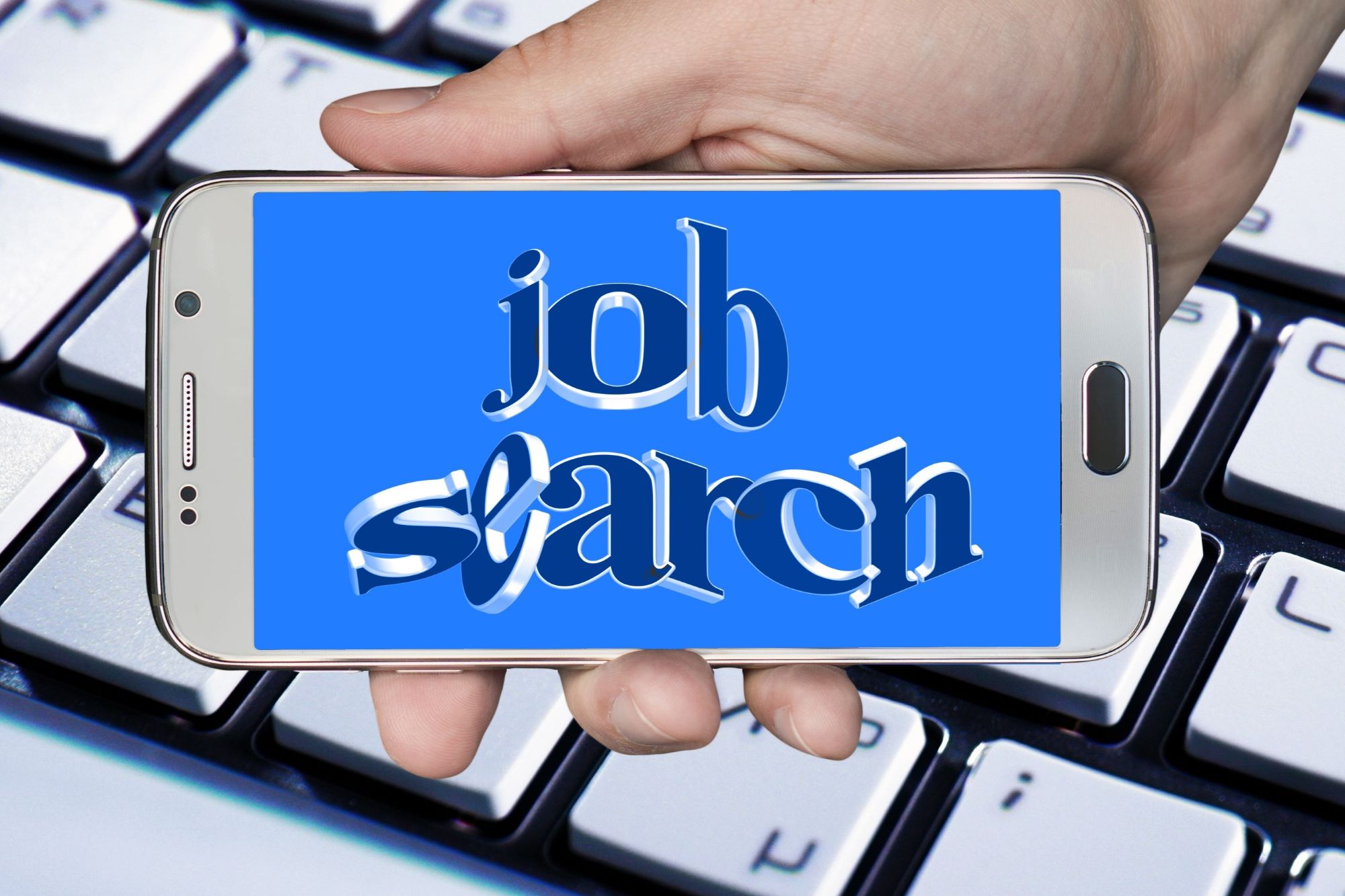Career fairs offer valuable opportunities for job seekers, but success requires preparation. This article outlines strategies for making the most of career fairs, including how to prepare effectively, present yourself professionally, and follow up with potential employers. Maximize your chances of success with these practical tips.
Research the Companies Attending
Before attending a career fair, invest time in researching the companies that will be present. Identify key organizations that align with your career interests and goals. Visit their websites to understand their mission, values, and recent developments. Familiarize yourself with their industry position and key products or services they offer. This background knowledge will enable you to engage in meaningful conversations with recruiters and demonstrate genuine interest in their company.
Additionally, review the list of companies attending and note any that have current job openings or internship programs relevant to your skills and career aspirations. Prepare tailored questions about these roles to ask during the fair. By doing so, you show that you have taken the initiative to learn about the companies and are serious about pursuing opportunities with them. This preparation will help you stand out and make a positive impression on potential employers.
Prepare Your Elevator Pitch
An effective elevator pitch is crucial for making a strong first impression at a career fair. Start by crafting a concise, engaging introduction that highlights who you are, your skills, and your career goals. Here’s how to develop a compelling elevator pitch:
- Introduce Yourself
- State your name and current status (e.g., recent graduate, experienced professional).
- Mention your field of study or professional background.
- Highlight Your Key Skills and Achievements
- Briefly summarize your core competencies and strengths.
- Include one or two notable accomplishments or experiences relevant to the roles you’re seeking.
- Explain Your Career Goals
- Clearly articulate what you are looking for in your next role or career step.
- Align your goals with the type of positions offered by the companies at the fair.
- Practice and Refine
- Rehearse your pitch to ensure it is smooth and natural.
- Aim for a delivery time of around 30 to 60 seconds.
A well-prepared elevator pitch will help you confidently introduce yourself and effectively communicate your value to potential employers.
Update Your Resume and LinkedIn Profile
Before attending a career fair, ensure that your resume is polished and tailored to the roles you are targeting. Highlight relevant experiences, skills, and achievements that align with the job openings you’re interested in. Focus on crafting a clear, concise document that showcases your qualifications in a way that speaks directly to potential employers. Avoid generic descriptions and instead, provide specific examples that demonstrate your impact and capabilities.
In addition to updating your resume, make sure your LinkedIn profile reflects the same professionalism and attention to detail. Ensure that your profile is current, with a professional photo, a compelling summary, and up-to-date information about your education and work experience. A well-maintained LinkedIn profile can act as an extension of your resume and is often reviewed by recruiters. By aligning both your resume and LinkedIn profile, you present a cohesive and professional image to potential employers.
Dress Professionally and Appropriately
Dressing professionally is essential for making a positive impression at a career fair. Your attire should reflect your industry and the roles you’re pursuing. Here’s how to ensure you are appropriately dressed:
- Choose Industry-Appropriate Attire
- For formal industries (e.g., finance, law), opt for a well-fitted suit or a professional dress.
- For creative fields (e.g., design, media), a smart casual outfit with a polished look can be suitable.
- Ensure Clean and Neat Appearance
- Make sure your clothes are clean, pressed, and free of wrinkles.
- Pay attention to grooming; ensure your hair is tidy and avoid excessive jewelry or strong perfumes.
- Wear Comfortable and Professional Shoes
- Select shoes that are both professional and comfortable, as you may be standing or walking for extended periods.
- Avoid overly casual footwear like sneakers or sandals.
- Maintain a Professional Color Palette
- Stick to neutral colors such as black, navy, gray, or beige, which are generally viewed as professional and polished.
- Avoid bright or distracting patterns that might divert attention from your qualifications.
Dressing professionally and appropriately helps you project confidence and seriousness about the opportunities you’re seeking, making a strong first impression on potential employers.
Practice Networking and Communication Skills
Effective networking and communication are crucial for making meaningful connections at a career fair. Start by developing strategies to initiate and sustain conversations with recruiters and other attendees. Practice introducing yourself confidently, and be ready to articulate your background, skills, and career aspirations clearly. Good communication involves not only speaking well but also listening actively. Pay attention to what others say, and respond thoughtfully to demonstrate genuine interest and engagement.
Additionally, work on your non-verbal communication skills, such as maintaining eye contact, offering a firm handshake, and using open body language. These subtle cues can significantly impact how you are perceived. Practicing these skills in advance, perhaps through mock interviews or networking events, will help you feel more at ease and improve your ability to build rapport with potential employers.
Prepare Questions to Ask Employers
| Company Information | Role-Specific Questions | Career Development |
| What are the company’s core values and mission? | What does a typical day look like for this role? | What opportunities for advancement are available? |
| Can you describe the company culture? | What are the key challenges associated with this position? | Are there opportunities for professional development or continuing education? |
| How does the company measure success and performance? | What skills and experiences are most important for success in this role? | What is the typical career path for someone in this position? |
- Company Information: Ask about the company’s core values, mission, and culture to determine if it aligns with your personal values and career goals. Understanding the company’s goals and how it measures success can also give you insight into what it would be like to work there.
- Role-Specific Questions: Inquire about the daily responsibilities and key challenges of the role to ensure it matches your skills and interests. Asking about the skills and experiences needed for success in the position will help you gauge if you are a good fit.
- Career Development: Discuss opportunities for growth and professional development within the company. Understanding the typical career progression and available resources for furthering your skills can help you assess the long-term potential of the role.
Preparing thoughtful questions not only demonstrates your interest in the position but also helps you gather valuable information to make an informed decision about your future career.




